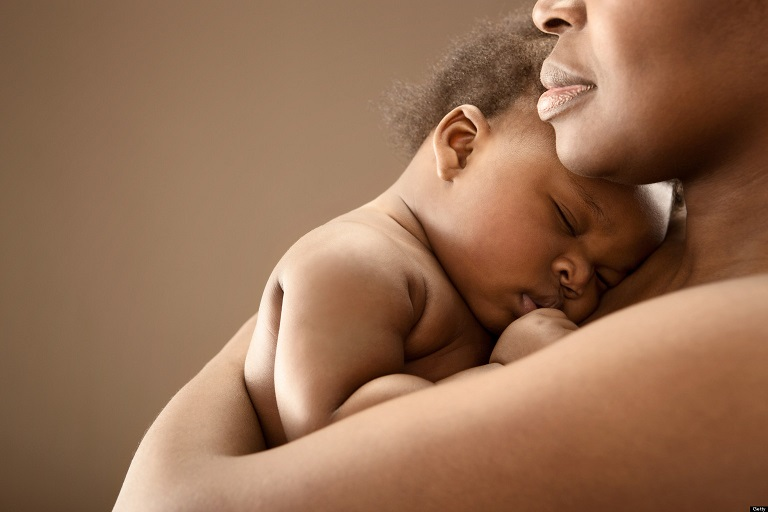Maternal deaths in Nigeria are still a great challenge, indicating serious flaws in the country’s healthcare system.
Every day, women die of pregnancy and childbirth complications—complications that can often be prevented with the appropriate care. This is an agonising reality for so many families and demonstrates how urgently change is needed.
Nigeria has one of the highest maternal deaths in the world with 10,47 deaths per 100, 000 live births, according to World Health Organisation (WHO).
This crisis is due to many factors, including insufficient medical facilities and a shortage of qualified health care workers. In rural regions, where most of these deaths occur, women are often forced to travel long distances to access healthcare facilities, and after reaching, the available care is still often not sufficient.
A major issue is the absence of instant health care during delivery. Conditions like heavy bleeding, infections and high blood pressure are leading causes of maternal deaths.
Without trained staff or adequate equipment, complications that could be managed turn fatal. Harmful practices, poverty, and ignorance about maternal health worsen the already dire situation.
Cultural and societal factors are at play as well. Some women are discouraged from seeking medical attention in some areas by cultural traditions or stigma surrounding hospital births. Others can’t pay for healthcare and must depend on untrained assistants or dangerous home births.
These situations increase the gap between those who can get lifesaving care and those who cannot.

While efforts have been made to tackle this crisis, much more needs to be done. Government programmes to improve maternal health often struggle because of poor funding and lack of proper implementation.
International organisations and local charities are offering support, such as free antenatal care, training for midwives, and raising awareness. But the scale of the problem requires a more coordinated and widespread approach.
Education is key to reducing maternal deaths. When women know the importance of prenatal care and skilled delivery, they are more likely to seek help during pregnancy and childbirth.
Community programmes can also help challenge harmful traditions and encourage families to value the health of mothers and children.
Improving healthcare facilities is also crucial. Building well-equipped centres in rural areas would give women better access to the care they need. Investing in the training and placement of midwives and doctors in these areas can save many lives.
There is also an urgent need to tackle the issue of unsafe abortions, which cause many maternal deaths in Nigeria. Access to family planning and safe reproductive healthcare can prevent these deaths and give women more control over their choices.
Fighting maternal mortality requires a joint effort from everyone. Policymakers must prioritise healthcare funding and make sure it reaches the areas where it is most needed.
Communities must challenge harmful traditions and fight for women’s right to proper care. International partners can offer financial and technical support to strengthen local efforts.
Losing a mother has a lasting impact on her family; it affects children and weaken communities. Reducing maternal deaths is not just about health—it’s a moral responsibility and a key part of building a fairer, healthier society.
Every woman deserves to give birth without the fear of losing her life. By tackling the systemic problems that drive this crisis, Nigeria can move towards a future where maternal deaths are rare rather than common.
The time to act is now—inaction is far too costly.


